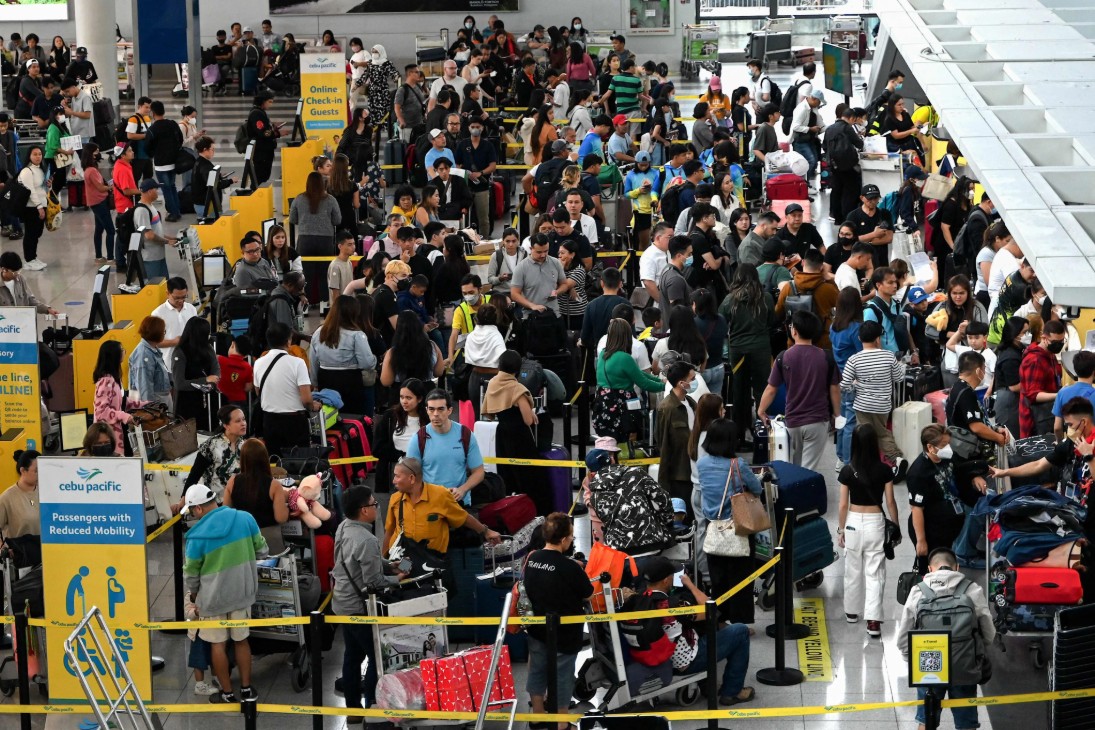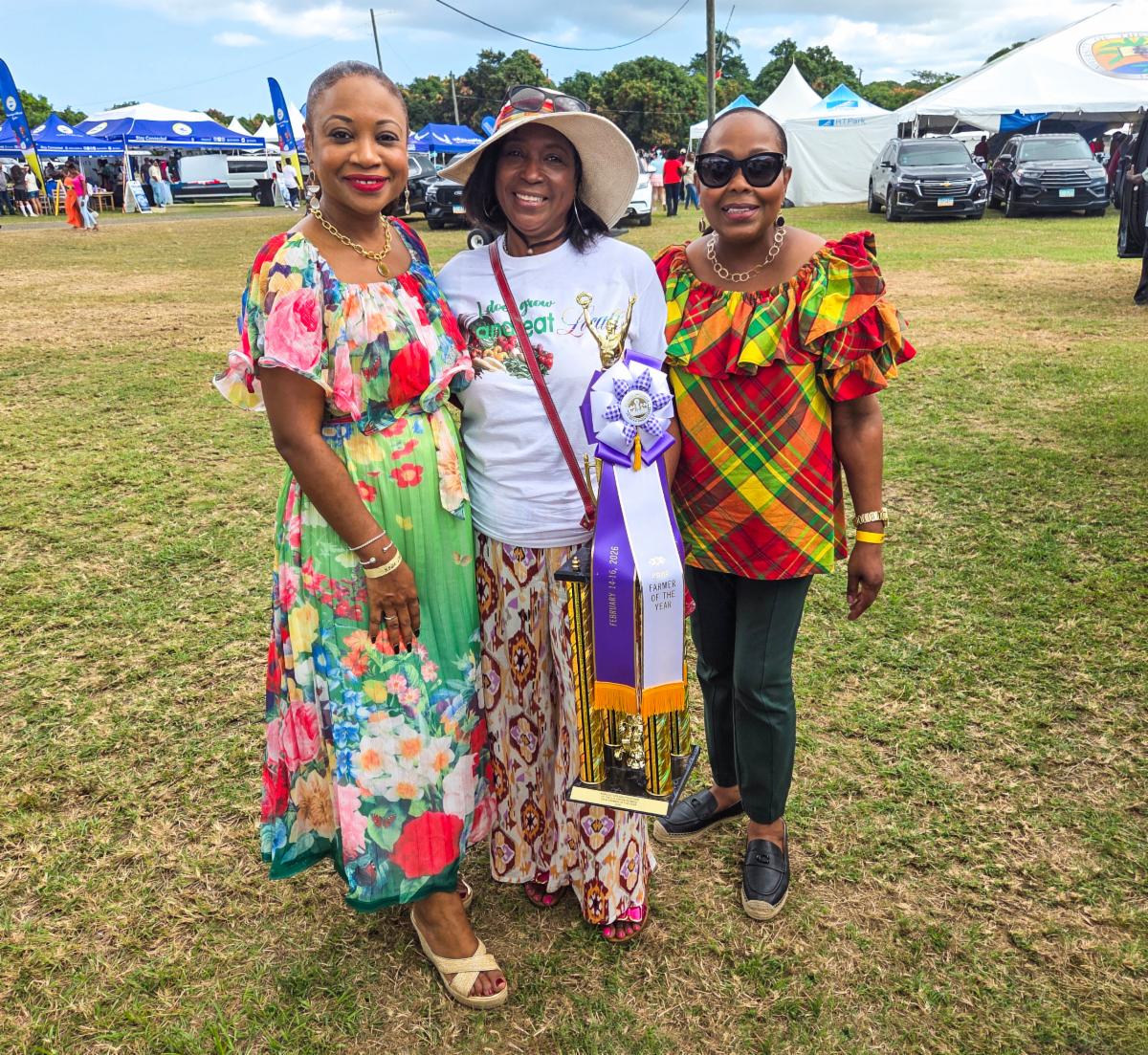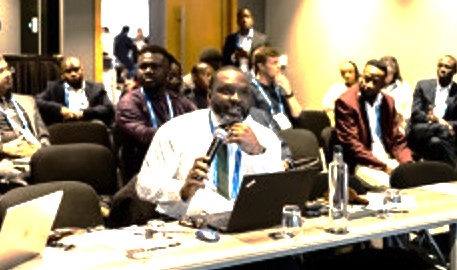At a time when the subjects of racial discrimination and equality are in the spotlight, people in the West Midlands are asking questions about the diversity – or lack of it – amongst the management and executive of the 2022 Commonwealth Games to be held in Birmingham.
Of the 13 directors and seven members of the executive team, 13 are men and seven are women. However, what has drawn everyone’s attention is that 19 are white and only one is black (and no Asians at all).
The question being asked is – how, in a diverse and multi-ethnic city like Birmingham, could this have happened?
This is a fair question. However, if one looks at the roles and people involved, one can begin to understand how it all came about.
First – the board of directors. Of the fourteen, eight were nominated by partner organisations, chairman John Crabtree was appointed by Theresa May, the then Prime Minister and five (Simmonds, Jackson, Timothy, Browning and one other) were appointed by the Department for Digital, Culture, Media and Sport (DCMS). So, the team at Birmingham 2022 had no say in the makeup of the board.
Due to a resignation at the end of last year, there is currently one vacancy, to be appointed by the Secretary of State. The recruitment process to fill that vacancy will begin soon. The other thirteen are:
- John Crabtree, Chairman – appointed by Prime Minister Theresa May, a former president of Birmingham Chamber of Commerce & Industry.
- Ian Ward, Leader of Birmingham City Council.
- David Grevemberg, Chief executive of the Commonwealth Games Federation.
- Dame Louise Martin, President of the Commonwealth Games Federation.
- Helen Judge, Director general of the DCMS.
- Dame Julie Moore, Second representative of the DCMS.
- Ian Metcalfe, Chairman of Commonwealth Games England.
- Simon Ball, Non-executive director on the board of Commonwealth Games England.
- Derrick Anderson, Representative of West Midlands Combined Authority.
- Ellie Simmonds, Paralympian, winner of gold medals in three Paralympic Games.
- Lyndsey Jackson, Deputy chief executive of Edinburgh Fringe.
- Nick Timothy, Former special adviser to PM Theresa May.
- Jonathan Browning, Chairman of Coventry and Warwickshire Local Enterprise Partnership.
The seven-strong Executive Management Team is made up of five members that are employed directly by Birmingham 2022 (the organising committee) and two that are employed by CGF Partnerships (CGFP). Those employed directly by Birmingham 2022 were recruited through a well-publicised recruitment process using recruitment agencies. It is not known if any other newspapers with links to the Commonwealth, that clearly demonstrate diversity, were used to publicise this.
The other two members are seconded to the organising committee by CGFP, a company which is jointly owned by the Commonwealth Games Federation and sporting rights marketing agency SportFive. CGFP supports the long-term planning and delivery of the Games and leads the commercial programme.
The CGFP employees are employed on long-term contracts to travel from one staging of the Games to the next, which is why they are currently seconded to Birmingham 2022.
The seven members of the executive team are:
- Ian Reid, Chief Executive - Chief financial officer and company secretary for the Glasgow 2014 Commonwealth Games
- Josie Stevens, Communications and Marketing - Three years in the US as director of global PR for Reebok. Worked at five Olympic Games, three Cricket World Cups and the 2006 Doha Asia Games.
- Martin Green, Creative - Planned the opening of the 2012 Olympic and Paralympic opening and closing ceremonies and the opening ceremony of the 2014 Tour de France Grand Départ in Leeds.
- Caroline McGrory, Legal - Legal director of F1 racing team BAR, worked for the Mercedes F1 Team and was general counsel for Leicester City FC.
- Charles Quelch, Operations (CGFP secondee) - Stadium manager for the London 2012 Olympics and head of venues for the Commonwealth Games in Glasgow in 2014 and Gold Coast in 2018.
- David Grady, Finance - Chartered accountant who was previously corporate services executive and chief financial officer of Central England Co-Operative.
- Adrian Corcoran, Information (CGFP secondee) - Director of Technology for Baku 2015 European Games, technology consultant for Glasgow 2018 European Championships, Los Angeles Olympic Bid Committee, London 2017 Athletics World Championships, Baku 2017 Islamic Solidarity Games, 2015 Rugby World Cup, 2015 European Games, Commonwealth Games Federation Partnerships.
So, on the face of it, the people in the two teams seem eminently suited to their roles, and most of the directors were appointed by outside bodies. Birmingham 2022 had little say in their appointments, which begs the question, during the London 2012 Olympics, how many were recruited from outside of London?
Perhaps the four non-executive directors could have been chosen to redress the balance, and there may have been other candidates with a more diverse background. But there is a fine line to walk between choosing the best person for the job (true non-discrimination and UK law) and using positive discrimination to ‘even up the balance’ (which is illegal in the UK).
Still, having a row of white faces on the website does look unsettling. The sole black representative is Dr Derrick Anderson CBE (9 above). Born in London, he retired as chief executive of Lambeth Council in December 2014, having been chief executive since 1 March 2006. He was previously chief executive of the City of Wolverhampton Council for 10 years and is currently a member of University of Birmingham Council.
What can be done about it?
Ian Reid, chief executive officer for Birmingham 2022 (number 14 above), issued a statement: “The vision for the Birmingham 2022 Commonwealth Games is to be the ‘Games for Everyone’ – we are conscious of our responsibilities and passionate about making this a reality.
“As a company we are still establishing ourselves and we continue to recruit at speed. In the next two years, our staff numbers will increase ten-fold and we are committed to ensuring our workforce reflects the city and region in which we are operating.
“We are already taking steps to improve representation and ensure equal opportunity for all. At the end of 2019, we began working towards Leaders In Diversity accreditation with an action plan to get us there by the end of 2020. We established an internal Equality, Diversity and Inclusion working group in February and it has a mandate to challenge, improve on and further develop that action plan. We are working with our recruitment partner to ensure every vacancy reaches the widest possible pool of talent.
“We have recruited five prominent and skilled community representatives to our Legacy and Benefits Board Sub Committee to ensure we have a wide range of views, experience and expertise at the table. We are also looking at Board representation with our Games Partners, all of whom have a seat at that table.
“Our Executive Management Team (EMT) are best-in-class senior practitioners who are all experts in their field and highly experienced in major event delivery, which is vital as Birmingham 2022 has less than half of the planning time of any other Games. They were all recruited through an open public recruitment process to deliver a world-class Games in record time.
“Our EMT is currently looking at ways in which the senior executive decision-making body is more representative and is completely committed to ensuring our growing workforce is representative of the city and region that’s hosting the Games.
“We know there is more to do and we continue to actively consider how we make a meaningful contribution to equality, inclusion and diversity in the next two years. We have always been fully aware that in these Games we have a powerful platform which brings with it both responsibility and opportunity and we are committed to taking on both.”
He seems to be saying: “Give us time and we will sort it”. However one would have to ask, How can this be rectified? Will it be rectified? And at what level will it be rectified? While recognising there is a problem is an important first step, it needs to be followed by swift and decisive action at the correct level.
Questions still remains - the document is fair and non-judgmental and now it is up to the city to be on guard and to find a solution to give to the people so that the top of the organisation is not always white and black people crowded at the bottom.

















